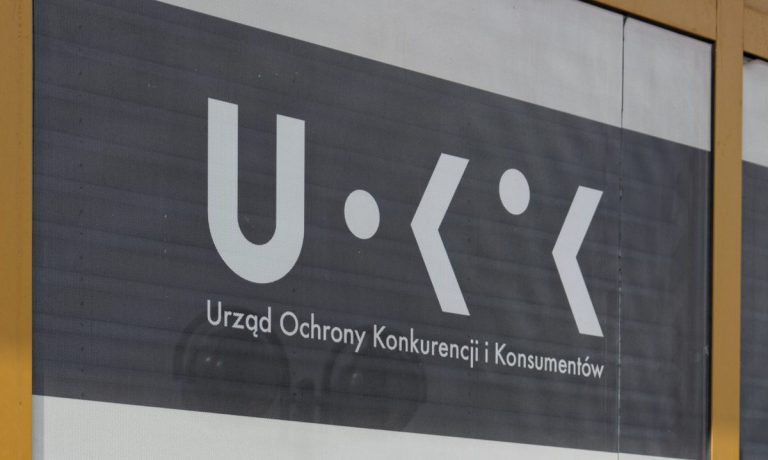Polish Banks Face Fines if They Inhibit Mortgage Payment Holiday Scheme

Polish banks could face fines of up to 10% of their annual turnover if they make it difficult for mortgage holders to take advantage of payment holidays, the country’s consumer watchdog said Tuesday (July 26).
The payment holiday scheme, effective from Friday (July 29), is intended to help mortgage owners whose monthly installments have surged due to rising interest rates, allowing them to skip a maximum of eight payments in 2022 and 2023.
Tomasz Chróstny, the head of Poland’s Office of Competition and Consumer Protection (UOKiK), said some banks had tried to discourage customers from taking payment holidays by telling them it could affect their creditworthiness in the future.
He also said some banks had complicated the process with burdensome layers of bureaucracy.
“If banks do not immediately change their practices aimed at making it difficult for consumers to take advantage of credit holidays, they must expect to face complaints and their consequences,” he said in a statement.
The banking sector has been critical of the payment holiday scheme, Reuters reported, with some of them saying access to payment holidays should be limited to those borrowers in the most difficult financial situations, so as to avoid excessive costs for banks.
Additionally, some economists have said the program will also serve to stoke inflation that has already risen to a 25-year-high of 15.5%.
Unlike many other countries, Poland has a single authority responsible for consumer protection and regulating market competitiveness. As a result, many of Poland’s banks are being scrutinized by UOKiK on multiple fronts.
See also: Polish Antitrust Office Alleges Santander, BNP Paribas, 3 Others Broke Rules
Earlier this month, the authority filed charges against five banks that it says acted against consumers’ interests. Bank Millennium, BNP Paribas Bank Polska, Credit Agricole Bank Polska, mBank and Santander Bank Polska now face potential fines for “infringing the collective interests of consumers.”
For all PYMNTS EMEA coverage, subscribe to the daily EMEA Newsletter.